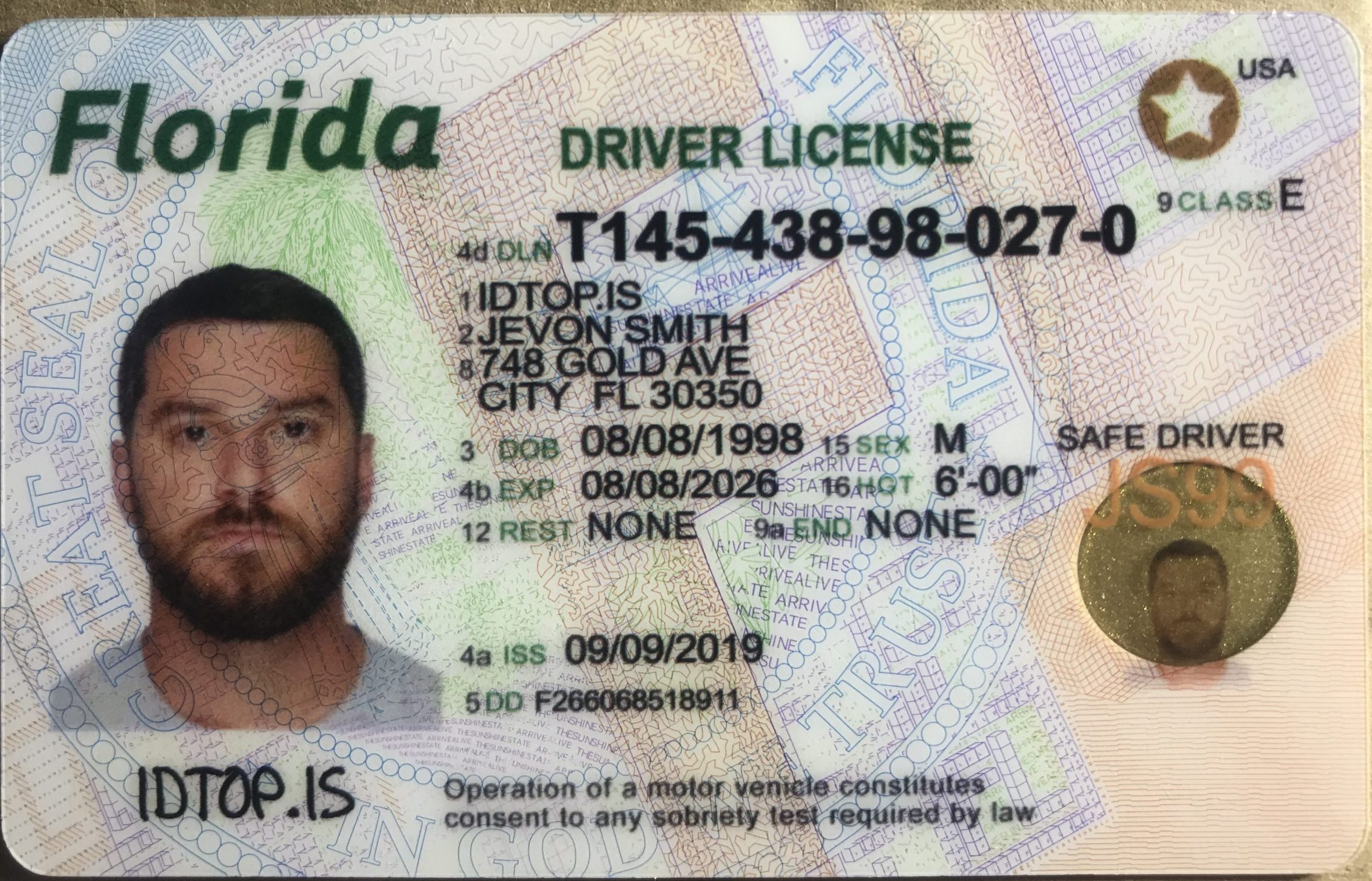Recently a Online security specialist just recently had a chat with a worried, individual data privacy advocate about what customers can do to protect themselves from government and corporate surveillance. Since throughout the recent internet age, customers seem progressively resigned to quiting basic elements of their privacy for convenience in using their computers and phones, and have reluctantly accepted that being kept track of by corporations and even federal governments is simply a fact of modern-day life.
 In fact, internet users in the United States have fewer privacy defenses than those in other nations. In April, Congress voted to enable internet service providers to collect and sell their customers’ browsing information. By contrast, the European Union hit Google this summertime with a $3.2 billion antitrust fine.
In fact, internet users in the United States have fewer privacy defenses than those in other nations. In April, Congress voted to enable internet service providers to collect and sell their customers’ browsing information. By contrast, the European Union hit Google this summertime with a $3.2 billion antitrust fine.

Are You Embarrassed By Your Online Privacy And Fake ID Skills? This Is What To Do
They spoke about federal government and corporate security, and about what concerned users can do to secure their privacy. After whistleblower Edward Snowden’s revelations concerning the National Security Agency’s (NSA) mass surveillance operation in 2013, just how much has the federal government landscape in this field altered?
The USA Freedom Act resulted in some minor changes in one particular federal government data-collection program. The NSA’s information collection hasn’t changed; the laws restricting what the NSA can do haven’t altered; the technology that allows them to do it hasn’t changed.
Individuals need to be alarmed, both as consumers and as residents. Today, what we care about is extremely reliant on what is in the news at the minute, and right now security is not in the news.
Monitoring is the company model of the internet. Everyone is under constant monitoring by many companies, ranging from social networks like Facebook to cellphone companies. Customized advertising is how these companies make money, and is why so much of the web is complimentary to users.
We’re living in a world of low federal government efficiency, and there the dominating neo-liberal concept is that companies need to be complimentary to do what they want. Our system is optimized for companies that do whatever that is legal to take full advantage of revenues, with little nod to morality. It’s very successful, and it feeds off the natural property of computer systems to produce information about what they are doing.
In general, Americans tend to mistrust federal government and trust corporations. Europeans tend to trust government and skepticism corporations. The result is that there are more controls over government monitoring in the U.S. than in Europe.
It seems that U.S. customers are resigned to the idea of providing up their privacy in exchange for utilizing Google and Facebook for free. Customers are concerned about their privacy and don’t like companies knowing their intimate tricks. This is why we require the federal government to step in.
In general, security professionals aren’t paranoid; they just have a much better understanding of the trade-offs. Like everybody else, they routinely quit privacy for convenience. They simply do it knowingly and consciously. Site registration is an inconvenience to the majority of people. That’s not the worst thing about it. You’re basically increasing the threat of having your information stolen. But, in some cases it might be required to register on sites with make-believe identity or you might wish to consider fake id toronto reddit..!
What else can you do to secure your privacy online? Lots of people have come to the conclusion that e-mail is basically unsecurable. If I desire to have a safe and secure online conversation, I utilize an encrypted chat application like Signal.
We live in a world where many of our data is out of our control. It’s in the cloud, saved by companies that may not have our benefits at heart. So, while there are technical strategies people can utilize to safeguard their privacy, they’re primarily around the edges. The best recommendation I have for individuals is to get involved in the political procedure. The best thing we can do as citizens and consumers is to make this a political problem. Force our legislators to change the rules.
The government has failed in securing consumers from web companies and social media giants. The only reliable way to control huge corporations is through huge government. My hope is that technologists likewise get involved in the political process– in federal government, in think-tanks, universities, and so on.
